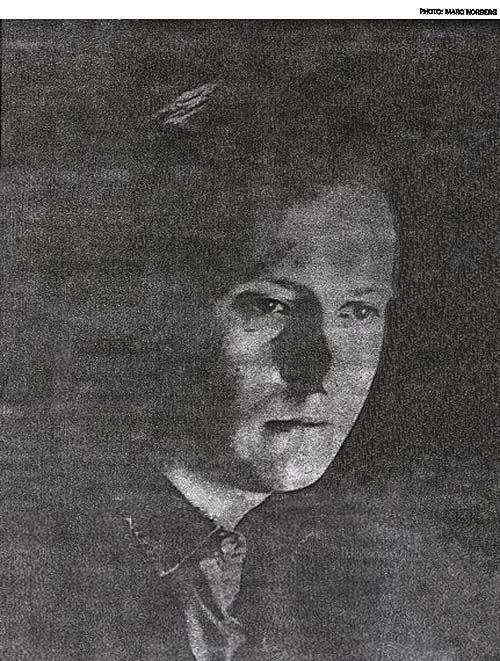A year and a half later, Mould walks stiffly across the lobby of a San Francisco hotel, dressed in cheap, conservative department store clothes (work shirt, button-up sweater), and bearing the pale complexion of a Northerner who's endured still another winter. He takes a seat in the corner of the lobby and fishes into his breast pocket for a pack of cigarettes that he plunders frequently over the course of the next hour.
Mould has re-emerged with his first solo album, Workbook. It's a creation that Mould is justifiably proud of. "They're the best songs I've ever written, by far," he states flatly. Throughout the course of the interview, the slimmed-down Mould speaks easily about a variety of subjects, ranging from the breakup of Husker Du (co-leader Hart told Spin magazine that, despite his own heroin addiction, the split was caused by Mould's dictatorial nature), to his image as the personification of suicidal angst ("Are you gonna live another six months?" he offers as a fan's quintessential inquiry), to his retreat to rural Minnesota.

Mould: "I guess I just don't think of things in terms of positive and negative." |
It makes allusions to where I live. I don't live in either city ... I live out in the country now and it's real relaxing. It forces you to be real creative. It's like when you extract yourself from an environment that you're really comfortable in. I guess the Twin Cities and having lived there for ten years and doing everything pretty much that there's to do there, it's nice to move to the country and sort of isolate yourself and force yourself to come up with some original ideas. I guess original in the sense of me being the origin of the ideas, as opposed to the environment.
The place that you live in — you actually live in the country or in a small town?
It's sort of between two small towns.... It's
What possessed you to move to that particular area?
I have no idea. It just sort of happened. In the fall of '87, right before I left the Huskers ... I don't know, maybe it was a sign [laughs]. It wasn't something I really thought about. It's just like one day I decided to move, then two months later I left the group. It was like perfect timing.
On the Husker Du split, I assume you read Spin's interview with Grant Hart.
No. I heard there was a Husker Du article in there. I really don't have any desire to [read it].
You know what the crux of it is?
Yeah, I heard the gist of it from other people
How do you remember it?
How do I remember it? I remember leaving the group at the end of January. I remember telling Grant and [bassist] Greg [Norton] that I quit the band because I'd had enough of the way things were going.
What ultimately prompted you to leave the group?
You know, Husker Du was a great, great band. I think maybe we should have packed it in a
Continued >>